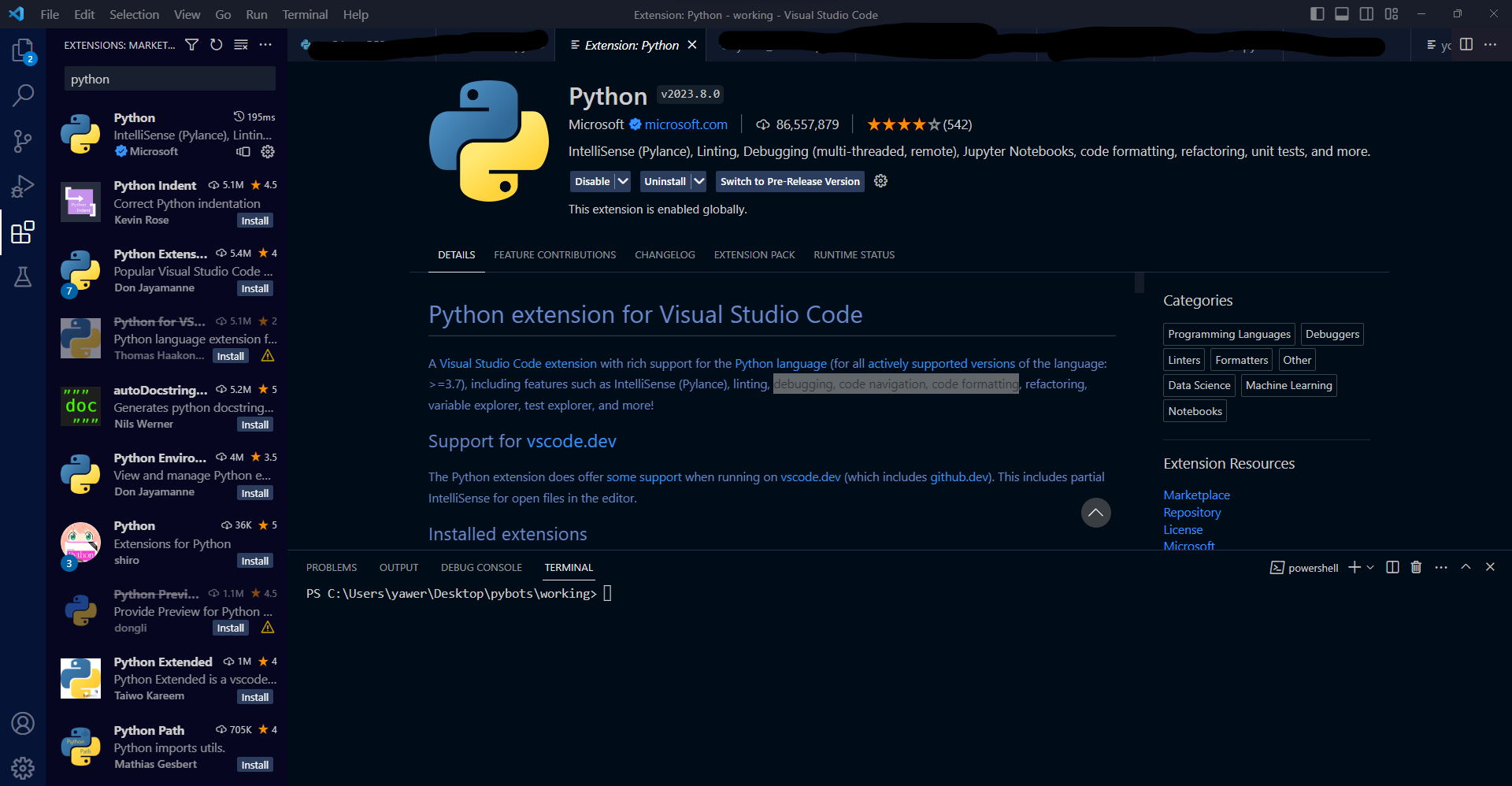Certainly. Here’s a section you can include in your article or publish separately to explore the Islamic perspective on staking BNB on Binance:
🕌 Is Staking BNB on Binance Halal or Haram in Islam?
As crypto adoption grows among Muslims, one of the most common questions is: “Is staking halal or haram?” The answer depends on several factors, and scholars continue to debate the topic. Here’s a balanced Islamic perspective specifically for BNB staking on Binance in 2025–2026.
📘 What Is Staking in Islamic Terms?
Staking involves locking your cryptocurrency (BNB, in this case) to help secure a blockchain network (like BNB Chain), in exchange for rewards. In return, you earn a share of transaction fees and newly minted tokens.
This is similar in form to investing or profit-sharing, but whether it is halal (permissible) or haram (prohibited) depends on how it’s structured.
✅ Arguments for Staking Being Halal
1. No Riba (Interest)
- Staking rewards are not based on guaranteed interest like a bank savings account.
- Instead, they come from network fees and rewards based on proof-of-stake (POS) participation.
2. Profit Through Effort or Risk
- Your BNB is locked, meaning there is risk involved, which aligns with Islamic principles of profit-sharing (mudarabah).
- There is no guaranteed return or fixed interest rate.
3. Decentralized Finance (DeFi) Compatibility
- BNB staking supports a blockchain network, not a centralized financial institution.
- This makes it different from lending with interest, which is clearly haram.
🚫 Arguments for Staking Being Haram
1. Uncertainty (Gharar)
- Some scholars argue that staking involves speculation or ambiguity, especially since crypto markets are volatile.
- The return is uncertain, and that might resemble gambling (maysir) in extreme cases.
2. Income Without Real Economic Activity
- Critics say staking doesn’t involve actual trade or production, making the profit potentially unjustified in Islam.
- Passive income that isn’t tied to real effort or goods can be questionable.
3. Platform Risk (Non-Shariah Compliance)
- Binance, as a centralized exchange, may deal in non-halal tokens or practices.
- This indirect exposure could render the activity impermissible.
🧠 Scholar Opinions
Islamic scholars are divided on crypto staking:
| Scholar/Group | Opinion on Staking |
|---|---|
| Some modern scholars | Permissible if the protocol is transparent and the return is not guaranteed |
| Traditional scholars | More cautious, often label it as doubtful (makruh) or haram due to gharar and platform risks |
| Shariah Boards (under development) | Some fintech platforms now work with certified Shariah boards to label specific crypto investments as halal |
🧭 Practical Advice for Muslim Investors
- Avoid guaranteed or fixed returns that mimic interest.
- Research the token you’re staking (BNB has clear use-cases, not a meme coin).
- Use halal-only platforms, if available.
- Consult a local imam or Islamic finance expert, especially if you are investing large amounts.
🔍 Summary: Is BNB Staking Halal or Haram?
| Criteria | Status |
|---|---|
| Riba (interest) | ❌ Not involved |
| Risk & reward sharing | ✅ Present |
| Speculation or ambiguity (gharar) | ⚠️ Moderate risk |
| Platform ethics | ⚠️ Varies by provider (Binance is not Shariah-certified) |
Conclusion:
BNB staking may be halal if done transparently and without guaranteed returns, but it remains a gray area for some. It is best classified as “halal with caution” or “makruh” depending on your interpretation and personal risk tolerance.
